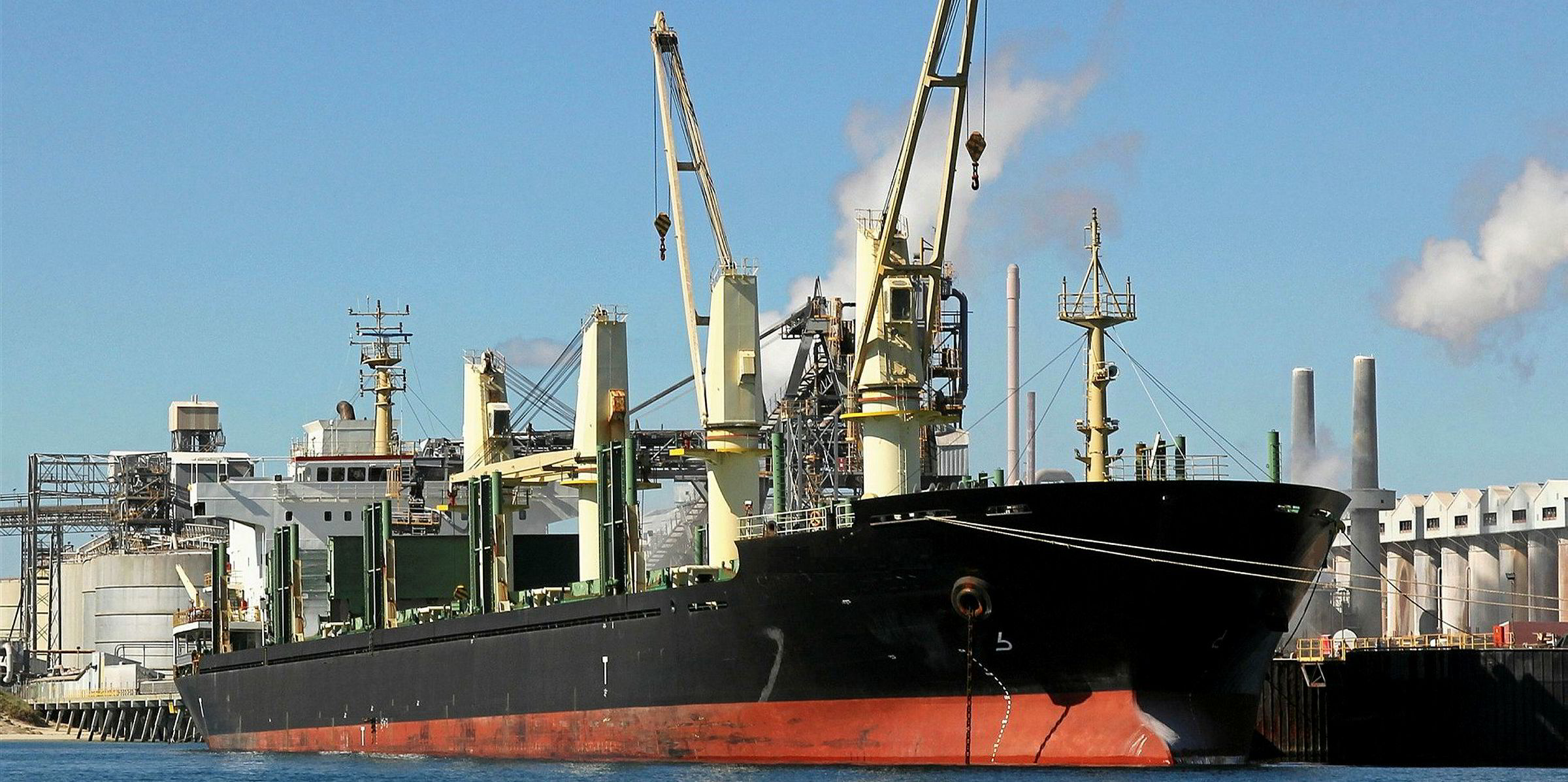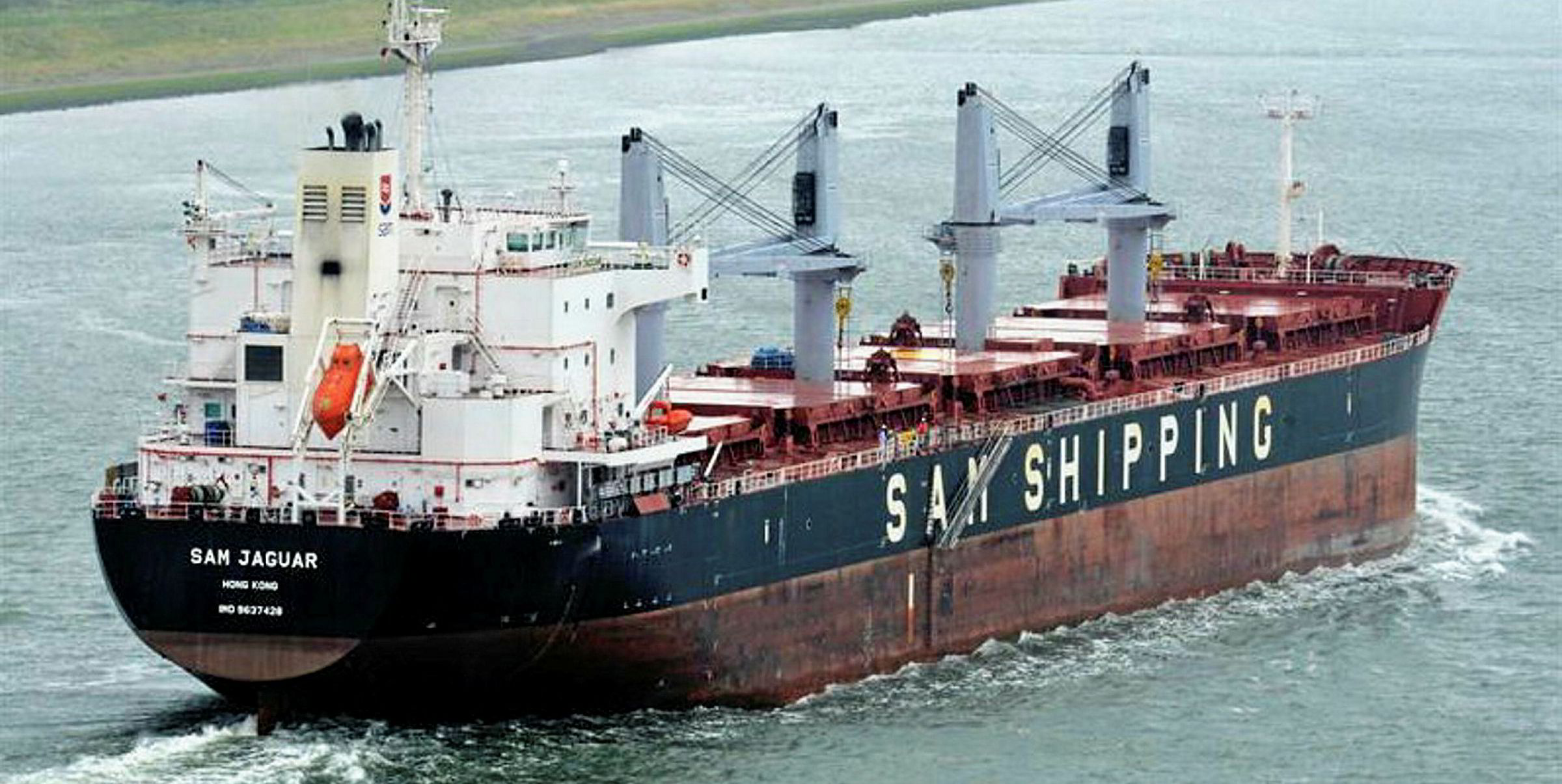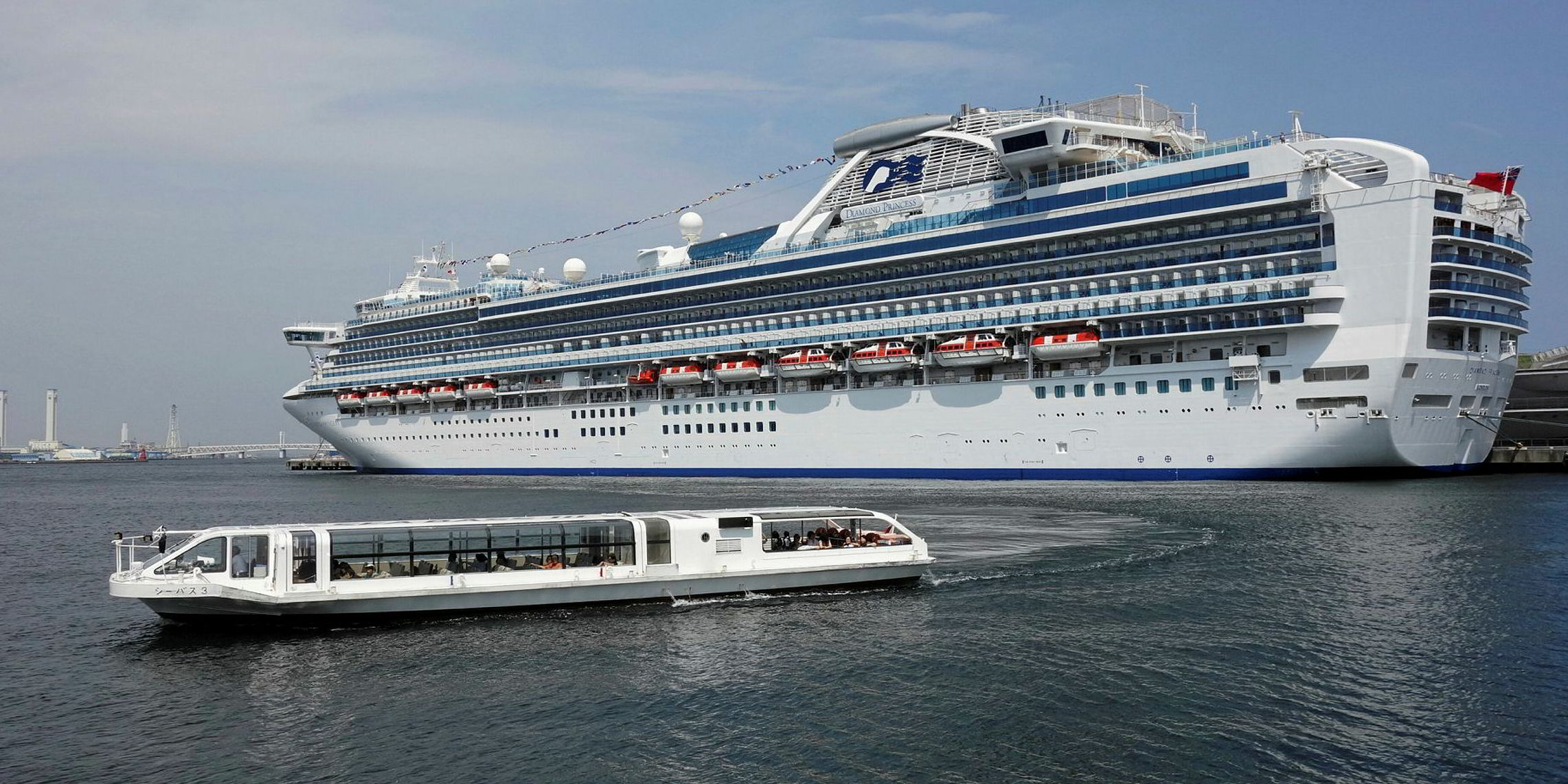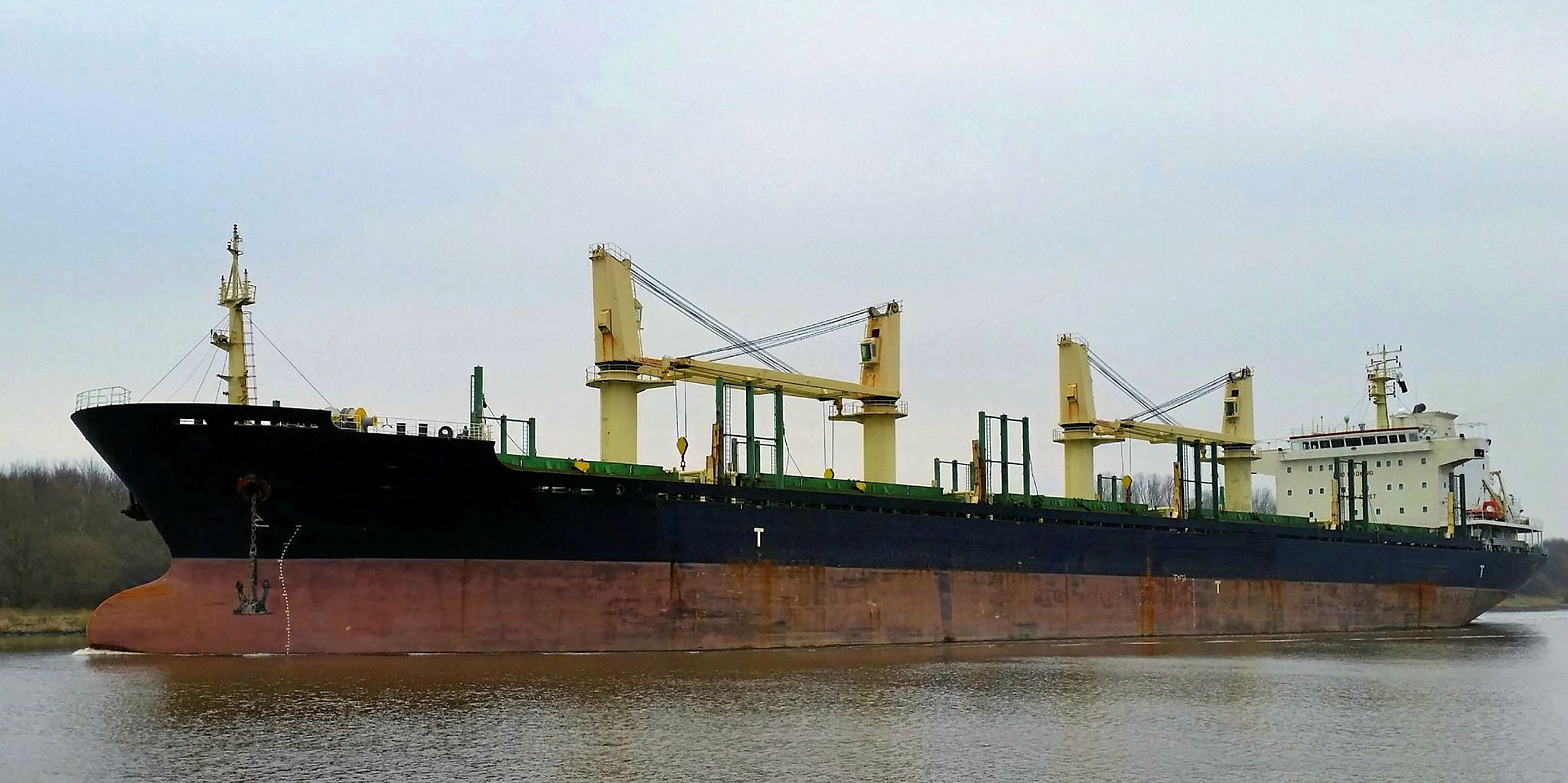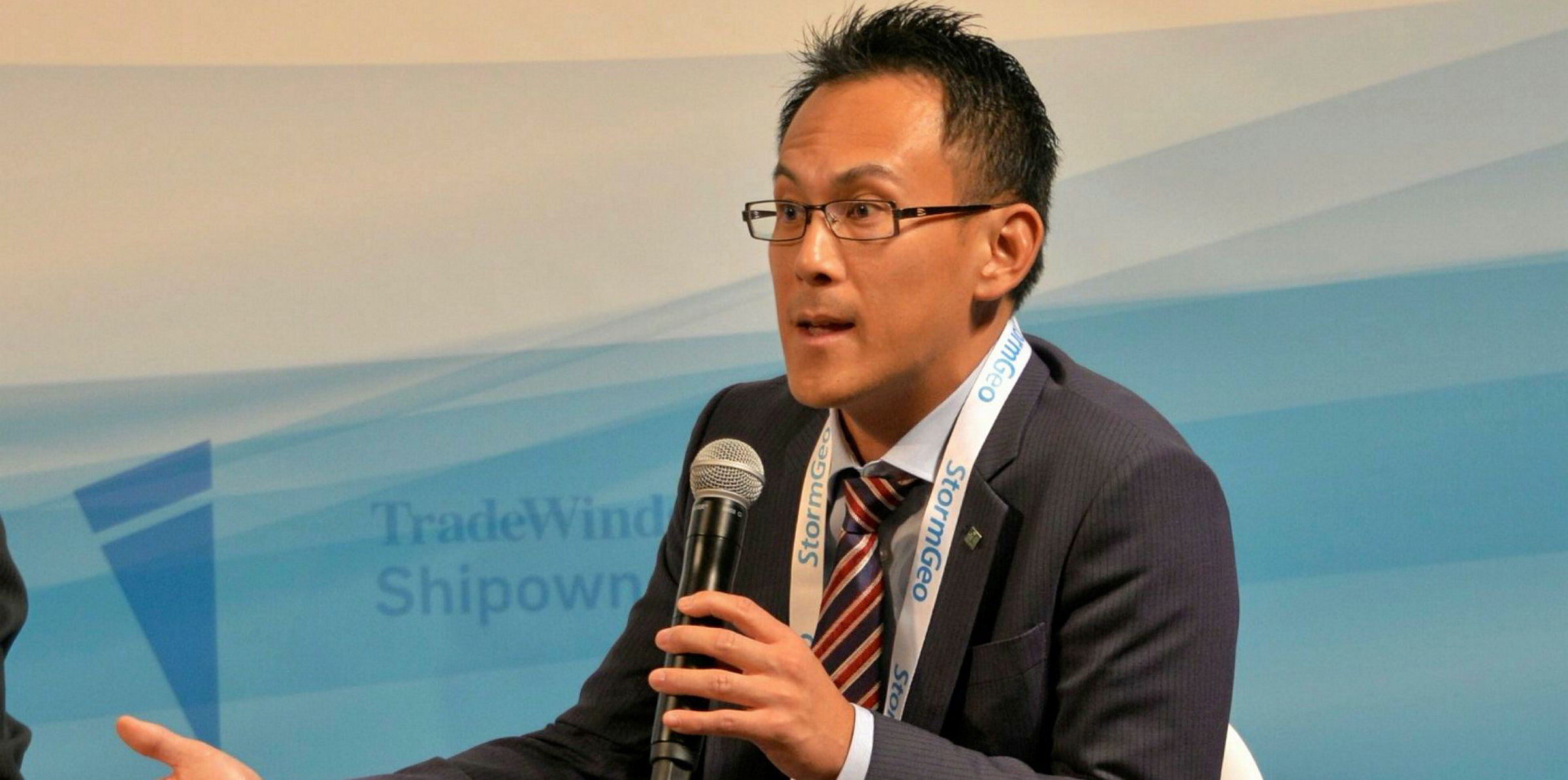Shipping is a very open business at one level, being built on global networks of personal communications. And yet, at the same time, it is a notoriously opaque industry when it comes to ultimate beneficial ownership.
Shipping, is in fact, a powerfully creative force for anonymity. This is reflected in all kinds of traditional business practices and language.
There is the use of special-purpose vehicle, or SPV, companies to create legally separate persons to own and manage the same ships, even when the actual owner and manager reside in the same trousers.
There is the willingness of many shipowners to be considered mere commercial and technical managers.
There is that magical formula “as agents only” that companies love to attach to their chartering communications, in which the lowly adverb “as” transforms a shipowner into a mere flunky, acting for an untouchable alter ego.
Not least, there is the use of offshore jurisdictions to register assets and corporations — near universal in our industry, except where lucrative citizenship privileges such as cabotage rights prevail over all temptations to belong to other nations.
Cloak of secrecy
The wider corporate world should be grateful to shipping for this last cloak of secrecy. Shareholder anonymity and limited liability through offshore jurisdictions are in some part inventions of the shipping industry.
Shipowners were “flagging out” assets to distant jurisdictions for centuries before fully developing the modern flag of convenience system, which led to the global offshoring system that has done so much for anonymity, limitation of liability and avoidance of taxation.
All these conventions of anonymity and fictive corporate identities fit together into an opaque system that has uses arguably legitimate and inarguably otherwise.
Almost the only windows the public has into this system and the reality of ownership in shipping are the courts. They offer insight through “veil-piercing” exercises in legal disputes and sometimes through the whistleblowing of accountants, crew members and other insiders.
Shipowners were 'flagging out' assets to distant jurisdictions for centuries before fully developing the modern flag of convenience system, which led to the global offshoring system.
But as long as shipowning remains an industry in which the wider world takes little sustained interest, shipowners can keep hiding their business activities.
Demands are on the rise for transparency in corporate ownership, banking, trade and supply chains. They come from revenue-starved governments, from environmental and human rights advocates, and even from ordinary business folk who want insight into the people they may be tempted to sign contracts with.
But many shipowners are enthusiastically content to preserve the current order.
Lawyers in shipping disputes are frequently so concerned to protect confidentiality that they hesitate to present the facts of their clients’ positions before judges without first securing special restrictions on public access to the information.
In the US, where the public enjoys liberal access to the particulars of disputes, lawyers frequently ask judges to preserve confidentiality through “sealing” documents.
The grounds for such restrictions are often commercial — that a company’s charter rates might be undermined if the market learned the terms of its financings, for example. Shipowners’ lawyers argue that no public interest could possibly be served by revealing these matters.
Gift of confidentiality
Sometimes they even adduce TradeWinds’ own aggressive coverage of legal disputes to argue for the urgent necessity of sealing documents.
But the real grounds can sometimes be precisely that the public would be all too well served by knowing the facts under seal.
Currently in the US, for example, law firms Holman Fenwick Willan and Floyd Zadkovich have secured an unusual gift of confidentiality for their clients from Southern District of Texas magistrate Judge Julie K Hampton — an “enduring sealing order” for documents placed in evidence in a ship arrest case between two parties on which some light might like to be shed.
The plaintiff, Malta’s FIMBank plc, is alleged by some to have bankrolled a series of trade deals that stung numerous big-name shipowners and traders with $50m-worth of fake bills of lading.
‘Empire of hidden wealth’
The defendant, Sam Shipping Management and affiliates, is a bulker owner that TradeWinds has learned is controlled by parties including a famous Russian oligarch. It is also tied to the immediate family of the ruler of a former Soviet republic who has been profiled by the International Consortium of Investigative Journalists for building an “empire of hidden wealth”.
Both parties see it in their interest to resolve their dispute, however bitter, with as little publicity as possible.
But they have brought their dispute to a public forum. The shipping industry and its representatives should no longer be asking the US court system to preserve privacy in matters that are of real public interest.
